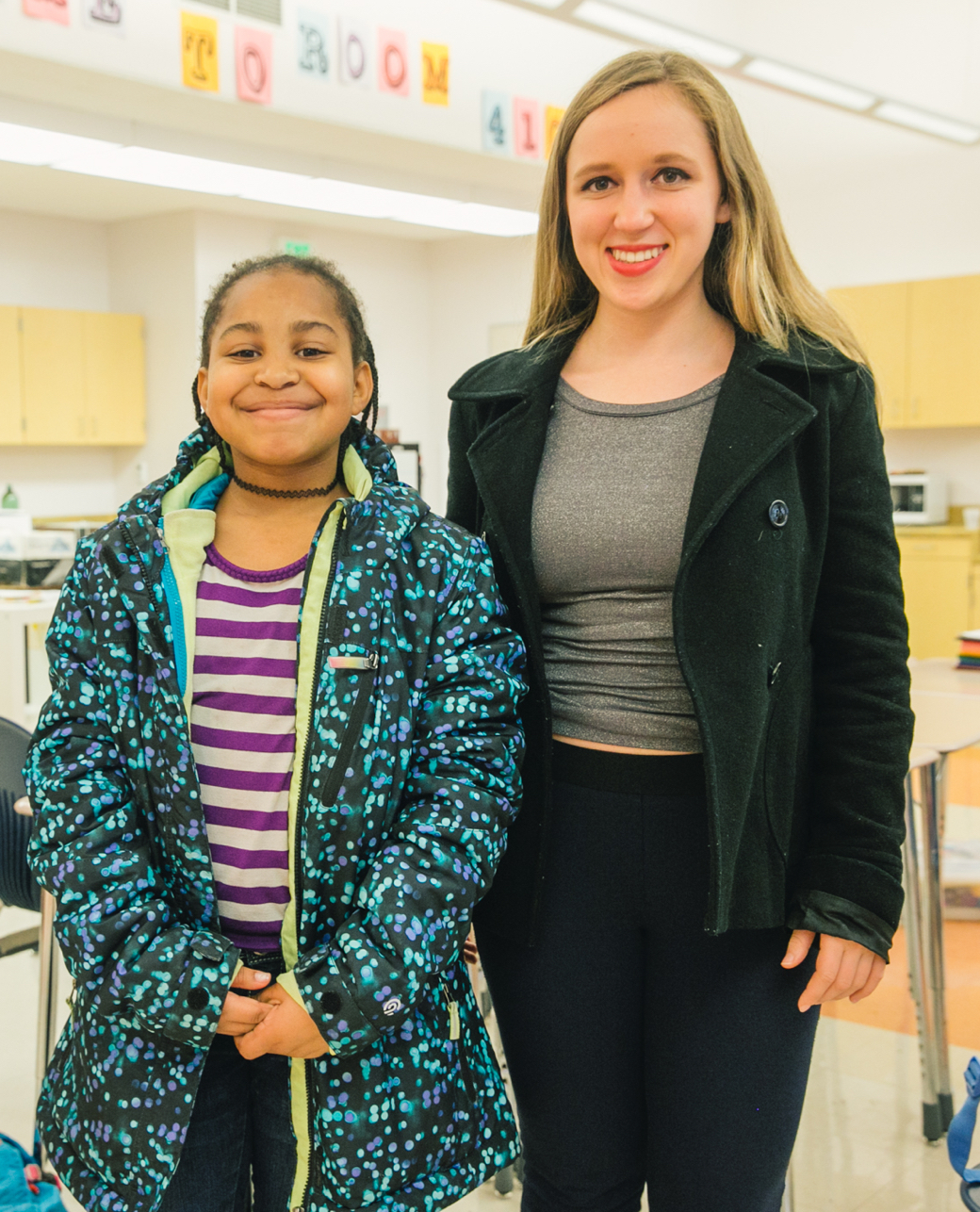Blog
The Power of Professional Learning Communities (PLCs)
One of the professional learning formats that Eye to Eye provides is Professional Learning Communities (PLCs), where a group of educators come together to share ideas to enhance their teaching practice and create a learning environment where all students can reach their fullest potential.

Lisa Krempa, Senior Director of Student Support Services at Uncommon Schools and a key advocate for students and an ongoing partner with Eye to Eye, identified an opportunity to collaborate on a Professional Learning Community comprising school leaders and educators from the Uncommon Schools network who support students in self-contained classrooms. The PLC kicked off in December 2022.
Having just completed the third Professional Learning Community meeting, what has become very evident is the power these communities hold, how they can provide autonomy to learning and reflection about practices, and how the ‘community’ can grow into a powerful group of learners and leaders.
What was shared during this PLC was the latest resource created for a project launched two months earlier. The focus is to build a video library of instructional practices that support students in the self-contained classroom, to curate, and then share among the Uncommon network.
During our 70-minute meeting, it became clear that this group of educators are dedicated to their chosen profession, to the mission of Uncommon Schools, and most importantly, to their students’ educational and emotional well-being. This group of educators have embraced the idea and the experience of small group conversations and collaboration that occurs in PLCs, where the learning is not scripted, where there is no predetermined outcome that they are expected to recite or retell, where they determine and drive their own learning.
Video of instructional practices within one teacher’s classroom was shared. A video of instructional practice is not an unusual artifact to create, but the open discussion about what was witnessed in the video was a glimpse into the possibilities of deeper learning through this process.
Reflection on the video was powerful, not only for those educators who were viewing the video for the first time but for Teacher X, whose instructional practice had been videoed and who had already watched several times prior to this public showing. His voiceover to provide context for what was happening, why it was happening, and how he got to this stage was deeply reflective. He could share what was occurring at the time and what he had done weeks, months, and even years before to make this moment occur. He shared that he had dedicated time to learning who his students are and what they need both emotionally and academically, which routines work for which students, and how to motivate and engage each of them. I have no reason to believe that this is unique to him and every reason to think that this is common at Uncommon.
His vulnerability in sharing the video of his classroom, a place that is so often behind closed doors, and openly reflecting on his practice created a safe space that invited others to engage in conversation and to think about possibilities to identify practices in their classroom.
One practice that was elevated during this PLC was that of reflection. What steps could be taken to support all teachers in doing this regularly? How can a multimedia resource hub be created that all educators have access to asynchronously to deepen understanding? How can educators be supported through synchronous collaborative learning? What resources do we already have that can be used?
Questions that prompt solutions to problems created by members of this PLC are part of the continuous path of this particular learning community. And because they are created from within, they are relevant and motivating. These questions will likely be pursued and solutions will be found.
Note:
Uncommon Schools, a nonprofit organization that manages public K-12 charter schools in Massachusetts, New Jersey, and New York. They have been partnering with Eye to Eye for the last two years to support their student population, specifically, those who learn differently through professional learning and mentoring programs.

Bring Eye to Eye to Your School!
Learn More
